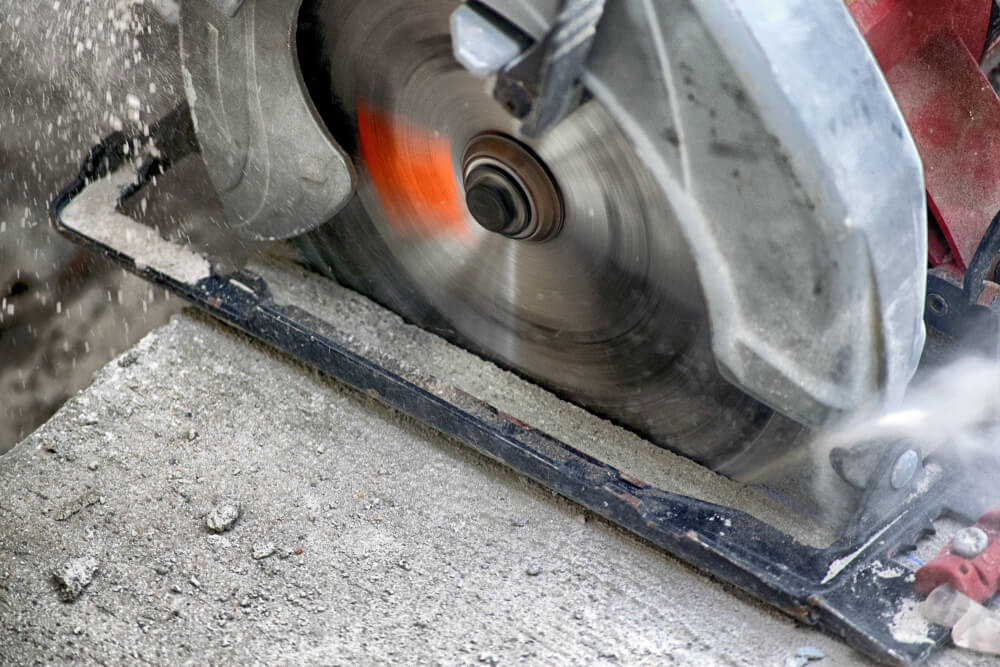Summary – since Sept 1 2024 training is now mandatory in NT under 529CD
- What: Regulation of silica in the NT is governed by the WHS Act 2011 (NT), its Regulations, and related amendments targeting crystalline silica.
- Who: NT WorkSafe is the regulatory authority overseeing compliance, enforcement, guidance, monitoring, and handling of silica-related workplace health matters.
- How: Through legal mandates (e.g., exposure limits, training, risk assessment, bans), educational resources, enforcement campaigns, and managing compensation and health screening.
Course Overview
Gain the nationally recognised 10830NAT – Course in Crystalline Silica Exposure Prevention right here in Darwin and the Northern Territory. This half-day, face-to-face course is delivered via Live Webinar and equips you to identify and manage workplace hazards related to crystalline silica exposure—ensuring safety, legal compliance, and healthier lives for workers in high-risk industries.
Why Silica Awareness Matters
Crystalline silica is commonly present in materials such as engineered stone, concrete, bricks, tiles, mortar, and many natural stones. When these materials are cut, drilled, ground, or otherwise disturbed, they release fine respirable silica dust. Inhalation of this dust can lead to serious occupational diseases including silicosis, lung cancer, COPD, and kidney damage.
This training empowers you with the knowledge to manage these risks effectively through preventative systems, legislation, and safety controls.
Who Should Attend?
This course is essential for:
- Construction workers (e.g., tile setters, masons, concreters)
- Mining and quarrying workers
- Fabricators handling engineered stone or stone products
- Tradespeople (plumbers, electricians, tilers, painters, carpenters)
- Workplace Safety Officers, PCBUs, and supervisors
- DIY enthusiasts or anyone handling silica-containing materials
What You’ll Learn
By completing the 10830NAT course, participants will be able to:
- Identify materials and products containing crystalline silica
- Understand health risks and legislative obligations
- Interpret Safety Data Sheets (SDS) and exposure standards Apply the hierarchy of controls and safe work systems Conduct risk assessments and prepare silica-specific SWMS
Course Details
- Duration: Approximately 4 hours (half-day) via live webinar
- Mode: Face-to-face delivery; available at our Darwin venue or onsite at your workplace
- Accreditation: Nationally Recognised – Statement of Attainment issued upon completion
- Requirements:
- Must hold a valid Unique Student Identifier (USI)
- Minimum age: 15 (proof of ID required)
How to Book
To secure your spot:
- Visit our website and select your preferred date and pay
- Call us at 1800 900 22 and book over the phone
- Group bookings welcomed—contact us directly for tailored quotes and scheduling flexibility
Region-Specific Benefits
- Local Access: Minimise travel costs—attend training in Darwin or have our trainers deliver it onsite across the NT.
- Regulatory Alignment: Stay compliant with Safe Work Australia and NT WHS regulations.
- Workforce Health: Safeguard frontline workers and reduce long-term occupational illness—crucial for industries heavily reliant on silica-related materials.
Act Now for Health and Safety
Don’t wait—silica awareness is not just best practice; it’s essential practice. Protect your workforce and raise your safety standards by enrolling in our 10830NAT Silica Awareness Training today.
Book now, reach our friendly team via phone to book in for this mandatory course.
In the Northern Territory (NT), the regulation of crystalline silica (also known as silica dust or respirable crystalline silica — RCS) falls under the jurisdiction of NT WorkSafe, a branch of the NT Government’s Attorney-General’s Department. Here’s how it’s regulated:
Regulatory Authority
- NT WorkSafe is the work health and safety regulator in the Northern Territory, responsible for enforcing WHS laws, overseeing safety standards, and managing worker compensation claims related to silica exposure. This includes monitoring compliance with exposure limits, air and health monitoring requirements, guidance documents, and enforcement actions.
Legal Framework
1. WHS Act & WHS Regulations (National Uniform Legislation)
- The NT implements the Work Health and Safety (National Uniform Legislation) Act 2011 and associated Regulations as its core WHS framework.
- On 1 September 2024, the NT enacted amendments to the WHS Regulations addressing crystalline silica substances. These amendments require PCBUs (Persons Conducting a Business or Undertaking) to:
- Conduct risk assessments when processing crystalline silica substances.
- Implement controlled processing and, for high-risk activities, prepare a silica risk control plan.
- Provide accredited training, air monitoring, and health monitoring for workers involved in high-risk work.
- Additionally, the NT has implemented the national ban on engineered stone. From 1 July 2024, manufacturing, supplying, processing, or installing engineered stone (a high-silica product) is prohibited, with a six-month transition period allowing completion of pre-existing contracts.
2. Exposure Standards
- The Workplace Exposure Standard (WES) for respirable crystalline silica in Australia is 0.05 mg/m³ as an eight-hour time-weighted average. Compliance with this WES is mandatory under NT WHS laws.
Key Responsibilities of NT WorkSafe
NT WorkSafe enforces the WHS Act & Regulations, including silica-specific amendments.
Publishes guidance materials for PCBUs and workers to understand risks and comply (e.g., “Crystalline silica and silicosis,” “Guide to working with crystalline silica…”).
Conducts targeted inspections and enforcement actions in high-risk sectors (e.g., renovation, stone fabrication), issuing improvement or prohibition notices as necessary.
Manages workers’ compensation claims for silica-related diseases under NT law, under the Return to Work Act 1986. Provides guidance on health monitoring processes and requirements for affected workers.
What is the exert from the actual regulations?
529CD Duty to train workers about risks of crystalline silica (1) A person conducting a business or undertaking must ensure that a worker receives crystalline silica training if the person reasonably believes that the worker may be:
(a) involved in the processing of a CSS that is high risk; or
(b) at risk of exposure to respirable crystalline silica because of the processing of a CSS that is high risk.
Maximum penalty:
(a) in the case of an individual – $6 000.
(b) in the case of a body corporate – $30 000.

















